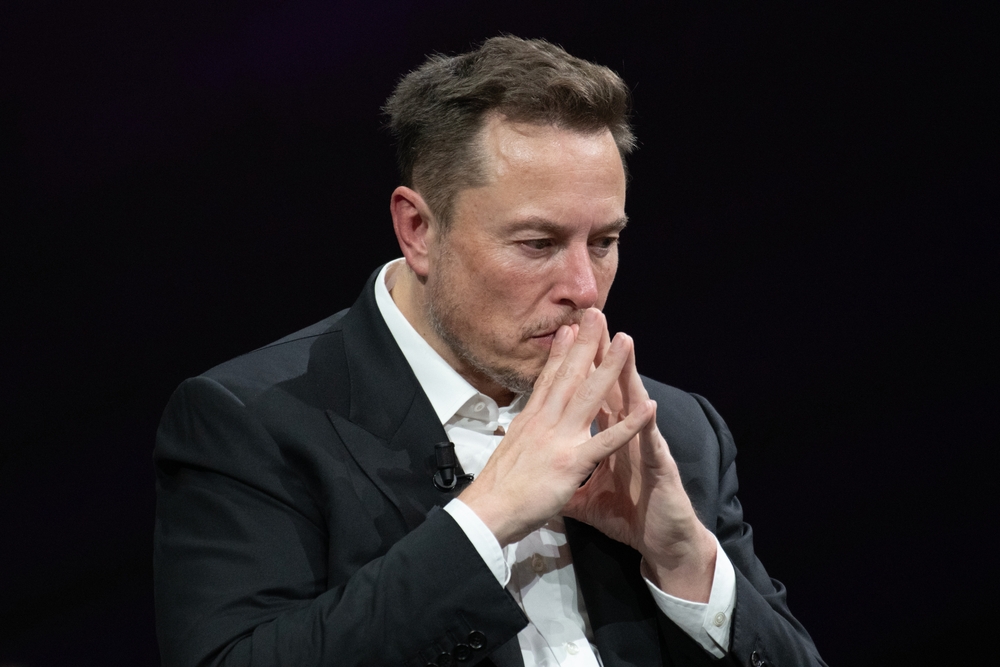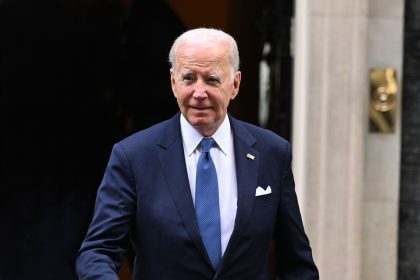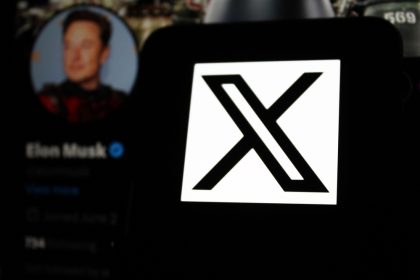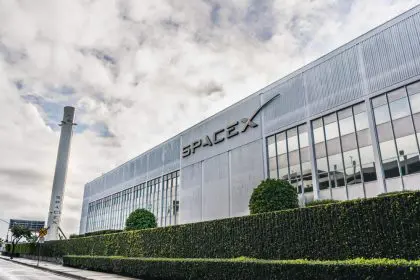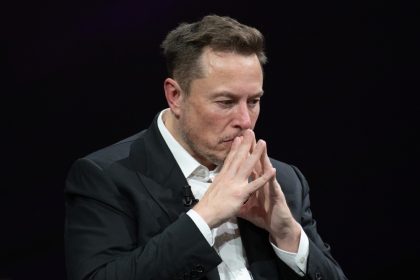A public disagreement has emerged between technology entrepreneur Elon Musk and President Donald Trump over policy positions, legislative processes, and claims regarding electoral influence. The dispute has unfolded primarily through social media platforms, with both figures making public statements that highlight tensions within political alliances and policy disagreements.
The conflict appears to center on disagreements over specific legislation, economic policy approaches, and competing narratives about political influence and support during recent electoral cycles. Political observers note that such public disagreements between prominent figures can influence both policy discussions and public opinion formation.
The exchange demonstrates how social media platforms have become venues for high-profile political discourse, allowing direct communication between public figures while creating opportunities for immediate public response and media coverage of developing political dynamics.
Legislative disagreements trigger public dispute
The conflict originated with Musk’s criticism of legislation that Trump has characterized as beneficial policy. Musk expressed concerns about the legislative process and content through social media posts that questioned both the substance and procedural aspects of the bill’s consideration and passage.
Trump responded to Musk’s criticism by expressing disappointment and suggesting that Musk’s opposition stemmed from concerns about provisions that might affect electric vehicle policies and related business interests. The president indicated that he believed Musk understood the legislation’s details but developed opposition based on potential economic impacts to his business ventures.
Musk countered these characterizations by asserting that he had not been consulted about the legislation and that the rapid passage process prevented adequate review by members of Congress. His response emphasized procedural concerns about legislative transparency and review processes rather than purely business-focused objections.
The exchange reflects broader debates about legislative processes, stakeholder consultation, and the relationship between policy development and business interests that frequently occur in contemporary political discourse.
Economic policy predictions create additional tension
Musk has publicly predicted negative economic consequences from Trump administration trade policies, specifically warning that tariff implementations could contribute to economic recession during the latter half of the current year. These predictions represent direct challenges to administration economic policy approaches and their expected outcomes.
The economic predictions introduce substantive policy disagreements beyond procedural legislative concerns, addressing fundamental questions about trade policy effectiveness and economic growth strategies. Such public disagreements between prominent figures can influence market sentiment and public confidence in economic policies.
Trump administration officials have generally defended tariff policies as beneficial for American economic interests and domestic manufacturing, creating a direct conflict with Musk’s recession predictions. This disagreement reflects broader economic policy debates about protectionism versus free trade approaches.
Economic forecasting disagreements between high-profile figures often generate significant media attention and can influence public discourse about policy effectiveness, though actual economic outcomes typically require extended time periods to evaluate accurately.
Claims about electoral influence generate controversy
Musk has made public claims about his role in Trump’s electoral success, asserting that his support was crucial for Republican victories in recent elections. These claims suggest that his endorsement and support activities significantly influenced electoral outcomes and congressional control distributions.
Such claims about electoral influence raise questions about the role of prominent individuals and business leaders in political campaigns and election outcomes. The assertions also highlight ongoing discussions about celebrity endorsements, financial contributions, and social media influence in contemporary electoral politics.
Political scientists generally note that electoral outcomes result from complex combinations of factors including candidate appeal, policy positions, economic conditions, and organizational effectiveness rather than single endorsements or support activities, though high-profile endorsements can contribute to voter mobilization and media attention.
The public nature of these influence claims creates opportunities for verification and debate about their accuracy, while also potentially affecting future political relationships and alliance formations among prominent political and business figures.
Social media platforms amplify political discourse
The dispute has unfolded primarily through social media platforms, particularly X (formerly Twitter), which Musk owns and operates. This dynamic creates unique circumstances where one participant in the disagreement controls the primary communication platform being used for the exchange.
The use of social media for high-level political discourse allows for immediate communication and public response but may also contribute to abbreviated arguments and reactive statements that might differ from more considered policy discussions conducted through traditional diplomatic or political channels.
Public social media exchanges between prominent figures generate significant media coverage and public attention, potentially amplifying the impact and significance of policy disagreements beyond their immediate substantive importance.
The platform-mediated nature of the dispute also raises questions about digital communication norms for public officials and business leaders, as well as the appropriate venues and formats for discussing serious policy disagreements and political relationships.
Historical context shapes current dynamics
The current disagreement occurs within the context of evolving relationships between technology sector leaders and political figures, as digital platforms and technology companies have become increasingly influential in political discourse and policy development.
Previous collaborations and alignments between Musk and Trump administration policies, particularly regarding space exploration and technology development, provide background for understanding how political alliances can shift based on specific policy disagreements and changing circumstances.
The public nature of the current dispute contrasts with more private disagreement resolution mechanisms that might have been used in previous political eras, reflecting changes in communication norms and expectations for transparency in political relationships.
Historical precedents for public disagreements between business leaders and political figures suggest that such conflicts can either resolve through private negotiation or escalate into more sustained political oppositions depending on the underlying issues and personal relationships involved.
Implications for political alliance structures
The Musk-Trump disagreement may signal broader changes in political alliance patterns, particularly regarding relationships between technology sector leaders and traditional political coalitions. Such shifts could influence both policy development and electoral strategies.
Business leader involvement in political discourse has increased significantly in recent years, creating new dynamics where corporate interests and policy positions intersect with traditional political party structures and ideological alignments.
The public nature of the disagreement may influence how other business leaders and public figures approach political engagement, potentially encouraging more direct policy criticism or alternatively promoting more discrete private consultation approaches.
Political strategists and analysts will likely monitor the resolution or continuation of this disagreement as an indicator of broader trends in business-political relationships and the stability of existing political coalition structures.
Media coverage and public response patterns
The high-profile nature of both figures ensures extensive media coverage of their disagreement, creating opportunities for public engagement with policy debates that might otherwise receive limited attention outside specialized political and policy communities.
Social media algorithms and engagement patterns tend to amplify controversial exchanges, potentially increasing the visibility and perceived significance of policy disagreements beyond their substantive importance for actual policy outcomes.
Public response to the disagreement may influence both figures’ future communication strategies and political positioning, as social media engagement metrics and public opinion polling provide immediate feedback about the effectiveness and reception of different argument approaches.
The coverage patterns also demonstrate how personal conflicts between prominent figures can overshadow substantive policy discussions, potentially affecting public understanding of complex legislative and economic policy issues that merit detailed consideration beyond personality-focused narratives.

